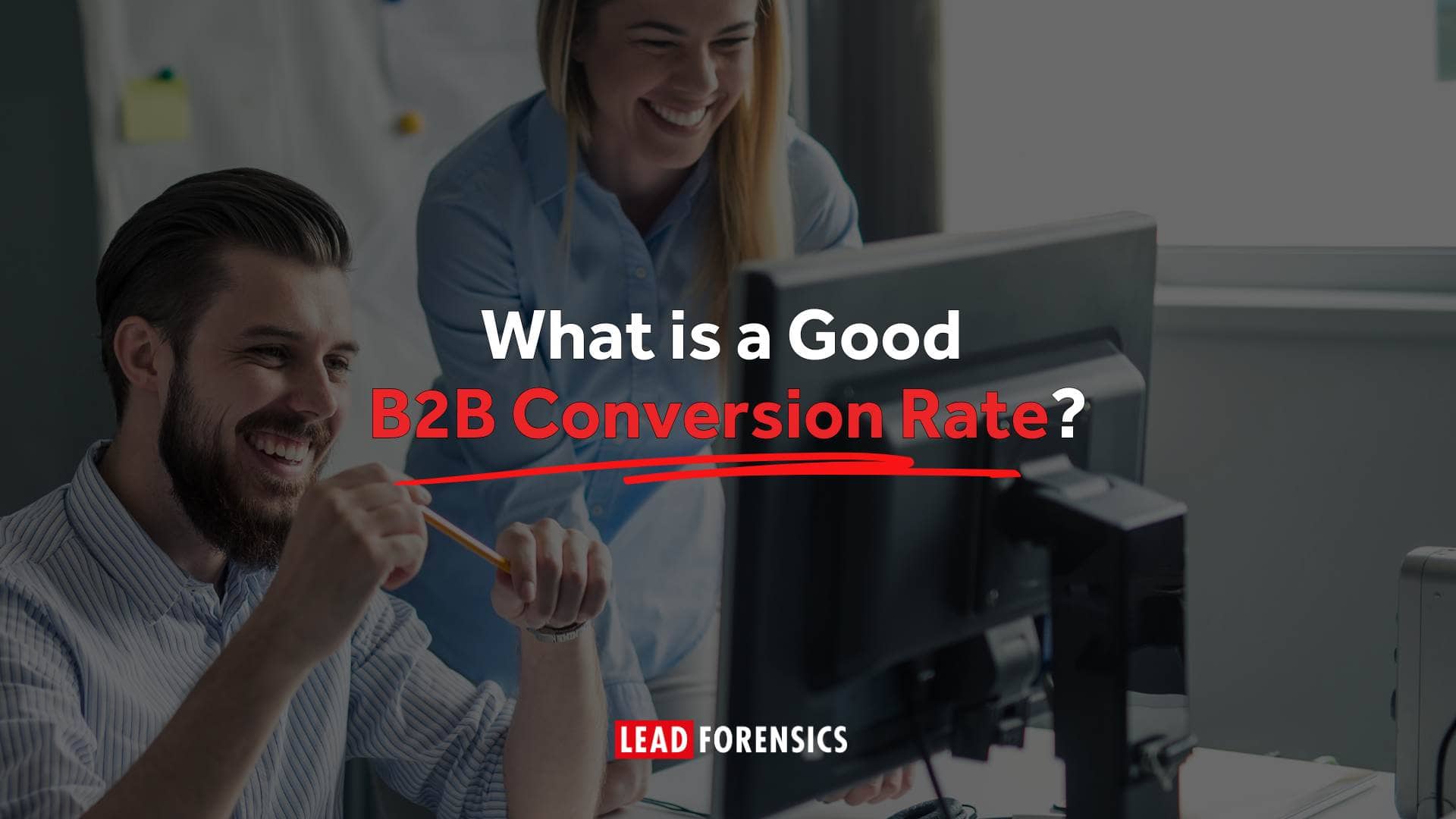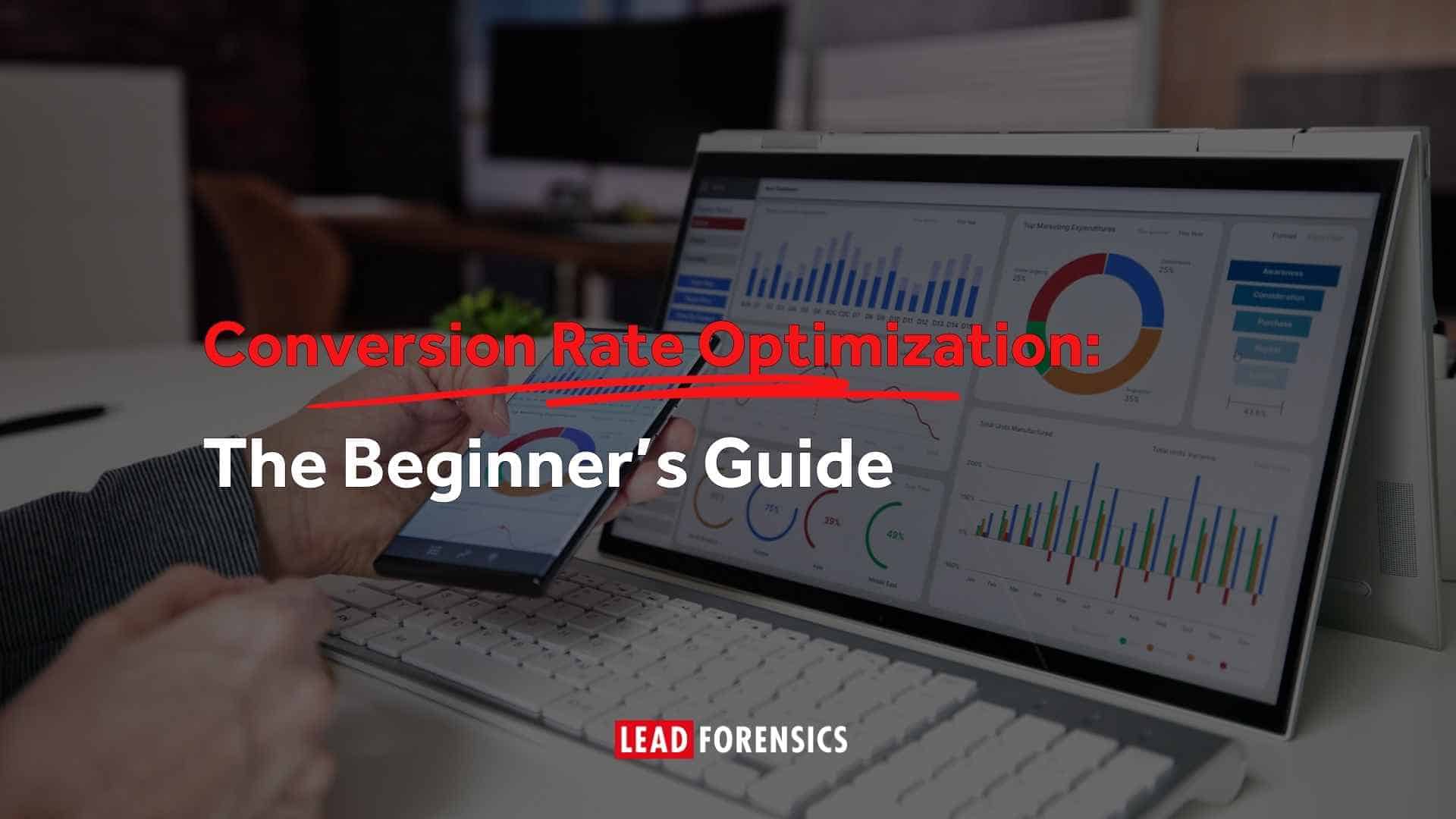The most successful online retailers know how to keep us coming back for more and filling up our online baskets with items we never knew we wanted. They have become masters at using marketing automation and their digital strategies continue to grow in sophistication.
Amazon continues to be a leading light in this field, showing how marketing automation can help turn a company into a slick selling machine.
But B2C firms aren’t the only ones who can use such tools and tactics to maximize their exposure and opportunities to land a sale. They can work just as effectively for B2B businesses.
Here, we’re going to take a closer look at how – from what marketing automation is, to how it can be used by B2B sales and marketing teams to gain the greatest benefit.
What is marketing automation?
If you Google the term ‘marketing automation’ then you’ll find various different descriptions online, including this one from Marketo:
According to Emailmonday, on average 49% of companies are currently using marketing automation, with more than half of B2B companies (55%) adopting the technology.
It basically does as its name would suggest – it offers a way to automate key marketing tasks so they happen automatically, depending on certain conditions being met.
For example, you may automate a workflow that will kick in when someone converts on an offer on your website. A drip-feed email campaign may begin, with a series of emails going out at set intervals, until some other action or trigger happens that moves the person out of that particular workflow (we’ll go into more detail about this and ways to use marketing automation, later in the blog).
It can also provide data that can help marketers measure the effectiveness of their different activities and more easily demonstrate the return on investment.
The importance of personalization
The technology itself continues to evolve at a rapid pace, offering increasingly sophisticated tools for marketers. One of the secrets of success is having the ability to combine personalization with marketing automation.
This is important for any type of marketing you undertake, but especially for those following an account based marketing (ABM) strategy.
Taking our previous example of a nurturing email campaign, the results being achieved are unlikely to be as good, if recipients feel they are just part of a mass mailout.
They need to feel special and understood and like the email has been written just for them (of course, they will probably know otherwise, but that doesn’t matter). Whatever they are sent needs to be both of interest to them and sent at the right time – so it’s information they want and value.
That means, to take full advantage of marketing automation software and all it offers, it’s best to choose a system that can be fully integrated with an existing CRM. The system also needs to be regularly tested, assessed, evaluated and refined, to ensure it is operating at its optimum effectiveness.
The key benefits of marketing automation
A lot has been written about the benefits of marketing automation, including its potential to substantially increase the number of leads being generated, as well as the conversions achieved.
Increases revenue
According to Position², marketing automation is identified by 78% of high-performing marketers as a key contributor to improved revenue. It is estimated to help B2B marketers increase their sales pipeline contribution by an average of 10%.
Aids lead generation
Among B2B marketers, one of the top benefits cited about marketing automation is that it can help teams generate both more and better quality leads.
Saves time by streamlining the process
With routine marketing tasks being handled automatically, marketing teams are able to concentrate on the bigger picture, without having to worry about actioning the raw mechanics of their activity.
Ensures nothing is missed
If processes are automatic, then the chance of human error creeping in is reduced, along with the potential for opportunities to be accidentally missed.
Keeps momentum going
Timing is crucial when it comes to B2B marketing and if you don’t keep the momentum going in your relationship with a prospect, then an opportunity could easily be lost. A prospect may forget about you, look elsewhere, or a competitor may sneak in at the optimum moment, undoing all your hard work.
If someone shows an interest in you and your product, such as by visiting your website and spending time reading certain key pages, then marketing automation can ensure a nurturing email campaign is carried out. The behavior of the contact can then be monitored and new workflows launched, based on the signals they go on to exhibit. This will all help you become a comprehensive lead-generating and nurturing machine.
Aids cross-team collaboration
Some of the most successful companies around today are entirely customer-centric and they have recognized the benefit of having their sales and marketing teams working in full alignment. Automation can help here too, by supporting the sales team to choose which leads to follow up on, based on data gathered within the marketing automation system. The result is that sales can concentrate on only the hottest most qualified leads. While for marketers it offers control over the lead generation and management process.
Supports measurement and analysis
Being able to measure and prove a positive ROI is important for any marketing team. Marketing automation software can help you to monitor responses and tie them back to certain marketing campaigns, as well as monitor overall expenditure.
How can B2B marketers use marketing automation?
Marketing automation technology is a great way to engage with customers and engage with potential prospects at different stages of the buyer journey.
Typical uses include:
-
The onboarding process
-
Lead generation campaigns
-
Lead nurturing campaigns
-
Customer retention programs
-
Upselling and cross selling programs
-
Referral schemes
-
Event marketing
So, how does it actually work in practice?
Using marketing automation for lead generation
You may choose to create personalized, automated email workflows that are triggered for many different reasons. For example, when someone:
-
Converts on an offer
-
Submits a form to your website
-
Subscribes to your newsletter
-
Subscribes to your blog
-
Clicks on a link within a marketing email
-
Views a blog
-
Clicks on a social media advert
-
Becomes a marketing qualified lead (MQL)
Your aim for contacts at the top of the funnel will be to start building a relationship and engaging with them, so you can grab their interest and encourage them along the buyer journeyand nearer to making a sale.
Marketing automation can also be useful further down the sales funnel, for example when a lead signs up for a free trial.
Here’s an example of an automated workflow you may choose to set up:
-
Firstly, send a welcome email encouraging them to get started and highlighting the core features and functions of the product
-
A few days into the trial, a second email could then go out that checks how they’re getting on and highlights other key features of the product
-
This may be followed a few days later with another email that talks about the ways other customers have used the product and the benefits they’ve reaped.
-
You may also consider covering things like the top FAQs.
Using marketing automation for customer retention
It’s a well-known fact that it’s easier (and cheaper) for businesses to retain customers and grow business from existing clients than it is to go out there and recruit new ones. You just cannot afford to neglect contacts after they’ve signed on the dotted line – not to mention the opportunity you may be missing to generate positive word of mouth.
Marketing automation can be very handy here, as a way to keep in touch and support ongoing engagement, without placing extra time pressures on team members. It can also flag up contacts who are likely to buy again, or highlight those who have gone cold.
Workflows should be used that again are very personalized, sharing content based on individual behavior and what a customer has shown themselves to be interested in.
If they have gone quiet recently, then you could place them in a workflow that aims to re-engage with them. For those who are more active, you could use automation to recommend other products that may be a good fit for them and also for reminders about renewals.
Using marketing automation for referrals
Word-of-mouth referrals remain the most powerful and effective marketing tactic around. But some businesses, particularly smaller ones or those just starting out, may not have the time, resources, or money available to invest in a comprehensive referral program.
Marketing automation offers a solution, as it can take added pressure off sales and marketing teams, while still ensuring action is taken. It is a way to automatically move contacts through a referral process, which helps keep it all consistent.
The simplest and most effective way to encourage referrals is to begin by segmenting your contacts into different groups and then creating workflows tailored for each of these groups.
Think about who your potential referrers are – this shouldn’t just be limited to current customers and those who have bought from you in the past. Who has come into contact with you and may recommend you to others? What strategy are you going to take (for example, will you offer an incentive or not)? Think it all through, referring to your buyer personas where necessary, and construct your individual workflows accordingly.
Should you invest in marketing automation technology?
There’s no doubt that if used effectively, marketing automation technology can have broad-reaching benefits for a B2B company. From increasing revenue to supporting lead generation efforts, streamlining processes, and helping teams maximize sales opportunities.
Any system you consider should be able to fully integrate with your existing CRM, so the workflows your automation supports can be highly personalized and valuable data can be generated.
While it may take some time and a lot of thought to initially set up, once up and running marketing automation could be a game-changer for you. And as the capabilities of the technology continue to grow, so too do the opportunities, so there’s no better time to get stuck in.
For more tips on how to improve the performance of your email marketing check out these blogs:

















